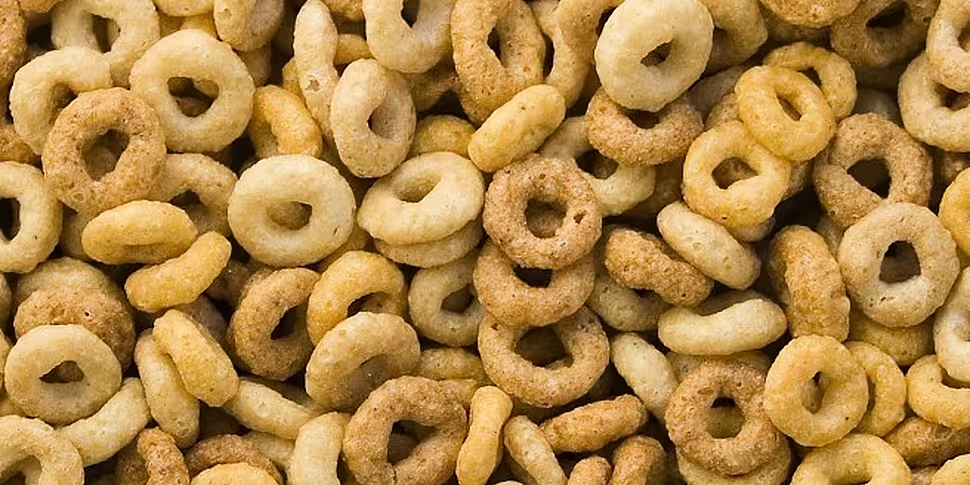The road to hell is paved with good intentions, even for breakfast cereal.
Cheerios cereal has come under fire in the US for distributing billions of potentially disease-spreading seeds as part of a goodwill gesture to help save honey bees from extinction.
The brand is represented by a cartoon bee for its popular ‘Honey Nut’ variety and posted out 1.5bn packaged wildflower seeds to its consumers.
Cheerios fans were then invited, under the hashtag #BringBackTheBees, to plant them creating friendly floral habitats that bees are losing to farms, insecticides, and urban development.
But problems arose almost immediately, with a massive social media campaign telling people not to plant the flowers, as some of the seeds included in the packets are invasive species that kill native plants and take over the places where they grow.
Sting in the tail
The alarm was raised by Kathryn Turner, an evolutionary biologist postdoctoral fellow in Colorado and blogger about invasive species, who issued warnings that the plant seeds are noxious to the environment.
Please don't plant this. Contains seeds of plants introduced/noxious in the US. #invasivespecies https://t.co/mhH5S6Fn0K
— Kathryn Turner (@KTInvasion) March 15, 2017
Days later, the website Lifehacker interviewed Turner about the listed plants, some of which were are banned in several American states for being invasive exotic pests.
“No plant is inherently ‘bad’, but many species can and have caused a great deal of damage when they are introduced into locations outside of their native range,” Turner explained.
“Invasive species can out-compete the natives they encounter, they can take up all the space and use up all the resources, they can spread disease, and cause other physical changes to their news homes, all of which can have detrimental effects on native species, and on humans.”
Reacting to the controversy, a General Mills spokesman said: “The Honey Nut Cheerios wildflower packets contain the same varieties of seeds that consumers will find in seed racks at major national home store chains throughout the US.”

The spokesman added that the wildflower project was “just a small part of” the company’s bid to help bees. General Mills has invested $4m (€3.75m) in the Xerces Society, an organisation dedicated to pollinator preservation, taking care of bees and butterflies.
“Large-scale habitat projects have already been planted or are underway with farms supplying ingredients to Cheerios,” the spokesman said.









